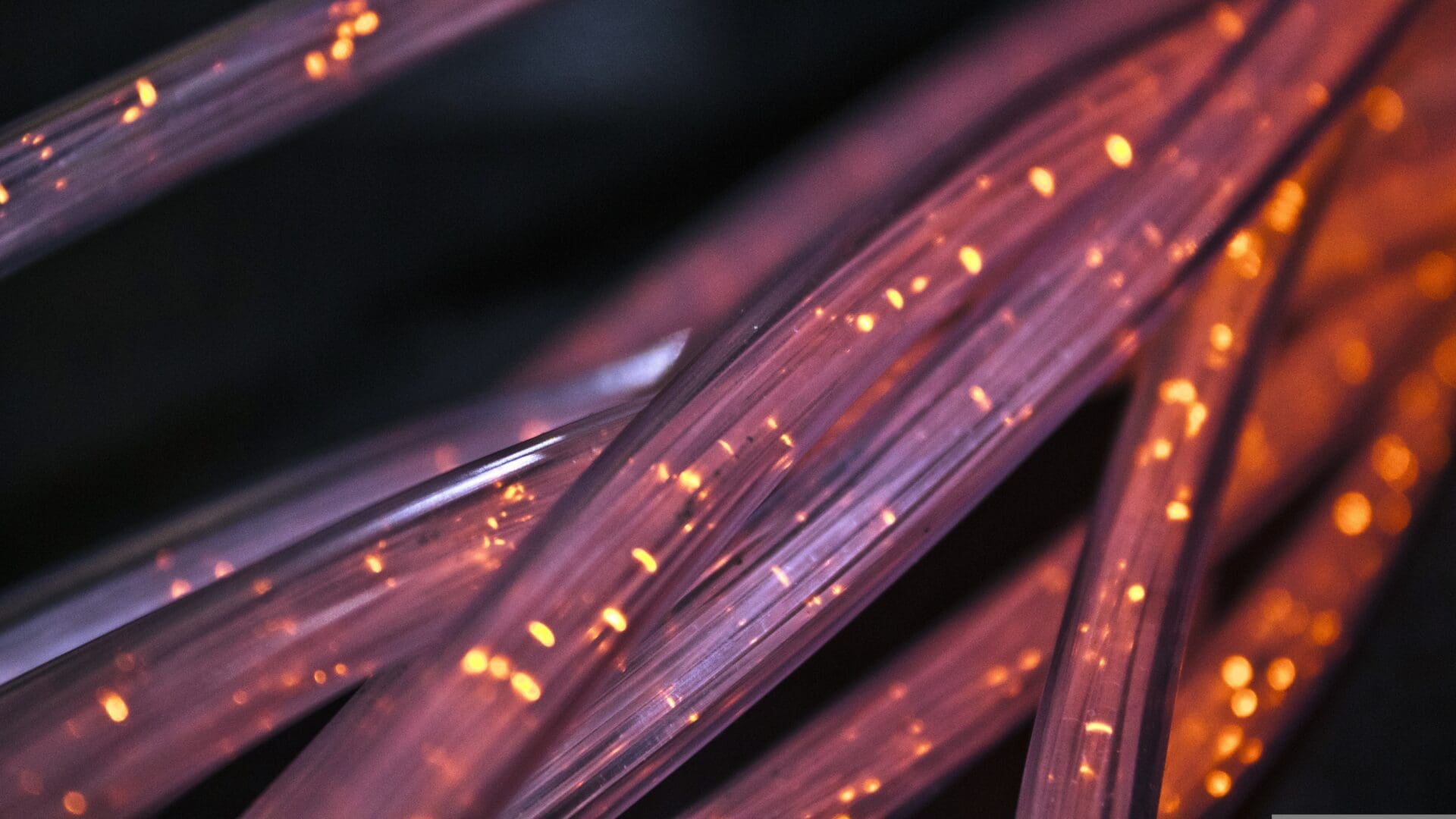The researchers at the Faculty of Science and Technology of the University of Debrecen have developed a prototype of a rechargeable zinc-air battery. The environmentally friendly and high-performance battery, the press service of the university said, utilizes cellulose-based, biodegradable materials as additives and membranes, with the development currently progressing into the scaling phase.
The researchers affiliated with the applied chemistry department of the University of Debrecen have been engaged in a prolonged exploration of the usability of renewable energy and its storage possibilities. The press release underscored that the current limitations of lithium batteries, such as restricted capacity and challenging recyclability, hinder their integration into a circular economy, thereby imposing constraints on long-term economic and environmental goals.
Numerous studies are underway to address these challenges in lithium-based systems and explore alternatives involving the replacement of lithium with other metals.
One such innovative approach is the utilization of zinc anodes,
as highlighted by the researchers. Zinc-air batteries, in particular, stand out due to their unique configuration, where zinc serves as the anode, and oxygen is derived from the air during the cathodic process.
Log into Facebook
Log into Facebook to start sharing and connecting with your friends, family, and people you know.
An additional advantage of this system is its substantial theoretical capacity, positioning it as one of the most promising alternatives to lithium-based batteries, as emphasized by Tibor Nagy, an associate professor in the department conducting the research. Notably, the researchers went beyond examining just a half-cell, a common practice in studies, by assembling a complete zinc-air system capable of functioning as a standalone battery for electric energy storage.
The distinctive feature of their system lies in the straightforward application of a zinc anode and an activated carbon cathode,
both of which are cost-effective. Furthermore, the absence of a catalyst in their prototype eliminates heavy metals. The energy storage process occurs on the cathode side with the assistance of oxygen extracted from the air, elucidated Tibor Nagy.
He added that the prototype operates in a considerably smaller voltage range compared to traditional zinc-air systems, allowing for a more gentle operational environment, resulting in improved stability. Detrimental processes affecting capacity and lifespan have been minimized. The system, characterized by its simplicity, affordability, and ease of recyclability, presents a solution without problematic elements.
Having completed the prototype, the researchers are now focusing on the scaling phase, aiming to enhance its performance while preserving its positive attributes. Their primary focus includes increasing capacity, and they have already interconnected cells to elevate the output voltage. Details and outcomes of the research conducted by the Debrecen team have been published in the Journal of Energy Storage. Additionally, Tibor Nagy was honoured with the Count István Tisza Award for this study, as announced by the university’s press service.
Related articles:
Sources: Hungarian Conservative/University of Debrecen/MTI








